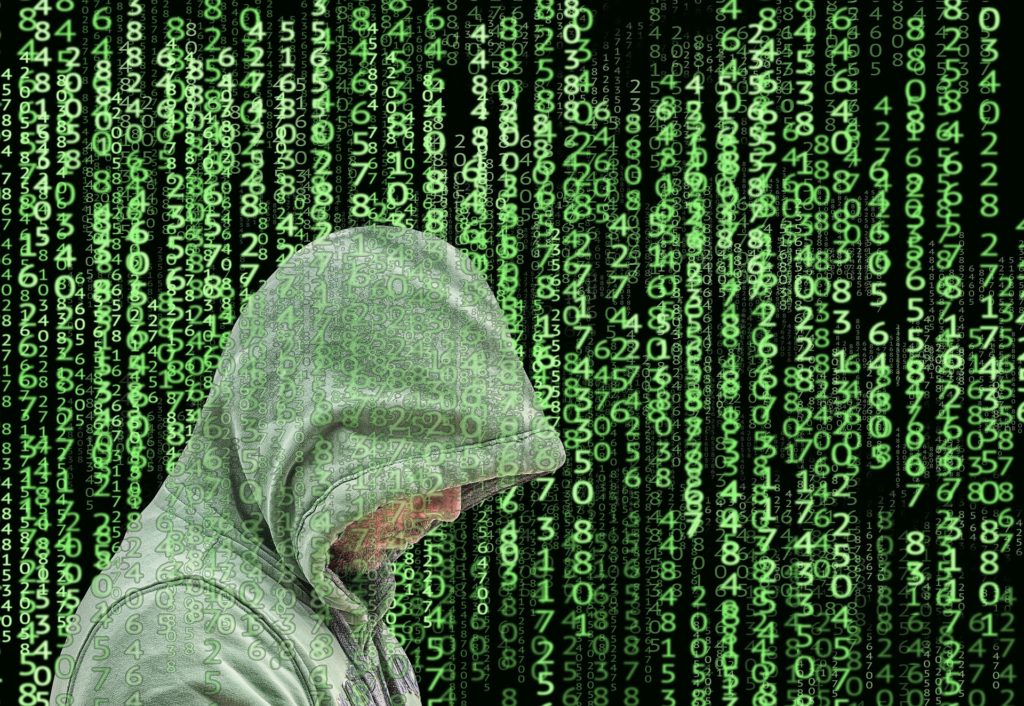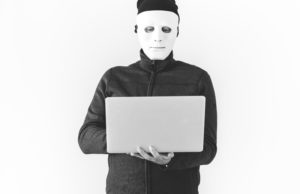
Whether you’re shopping online for a loved one’s birthday or just keeping in touch with old friends, the Internet is where you will spend at least a small portion of your day. And with the internet comes all the dangers of internet usage. Phishing sites, scam and spam emails, malware, all of these terms may sound foreign, but they are all too real. That is why cybersecurity and the right know-how is essential to protecting you and your family.
In this Article we shall cover the following:
- What is Cybersecurity?
- What do I need to look out for:
- Phishing Sites
- Scam Emails
- Malware
- 5 Quick tips to keep you safe online
- In conclusion
What is Cybersecurity?
The entire world is connected by internet-connected systems and that data is incredibly valuable. There have been many major data breaches in the past decade, Amazon, Facebook, Equifax, Yahoo and more. Many huge companies have had their files accessed. But it’s not just the big guys who are getting attacked, it’s also the common people, you and me, who are being attacked by these cyber criminals too.
Take the website: https://haveibeenpwned.com/ if you enter your email address into here it will tell you if your email address has ever been compromised. It’s scary, I put my email address in and discovered that my email address has been in 3 breaches. That’s 3 times that hackers had gotten my login information from a hacked database. I just changed my password again for good measure.
Cybersecurity is vitally important and it’s ever-changing. As we become more and more engaged with the digital world the benefits and the dangers are evolving. To learn more about what cybersecurity is check out this fascinating Ted Talk (below) on Cyber Security by Kieren Lovell on protecting yourself from Cyber Crime. So just how do you go about protecting yourself online?
What do I need to look out for:
Phishing Sites
These are websites sometimes known as “spoofing sites” are designed to look and interact like a true official website. For example, your bank’s login page or a ticketing website that is looking for a username and password. These sites are used by hackers to get access to account information that they can then exploit.
How do I know if it’s a phishing site?
Check the URL
(the URL is the website address at the top of the page e.g. https://www.grownups.co.nz) Does it look right? Usually, when it’s a phishing site the website address will be a little off, there may be an extra letter or word somewhere that reveals the sites true nature. For example, it may be something like https://www.site.grownups.co.nz or http://www.12.grownups.co.nz. Any of these small indicators may be enough to reveal the true intention of these websites.
Are the Images correct?
Usually, Phishing websites are created offshore by international hackers, and they will build the websites themselves from images they have found on the internet and therefore will not of the correct quality, therefore images may be a little fuzzy or pixelated not clean or sharp as you would expect from a large businesses official website.
How is the quality of English?
Most phishing websites originate in foreign countries such as Russia, India, Thailand and many others, where English is typically a second language and this can usually be the biggest giveaway for these phishing sites. Check for unusual or downright wrong grammar and ask yourself is this something that a national company would have on its website? In most cases probably not.
If you’re unsure if it is a phishing website, just close the tab or window, and call the organisation if you want to check. In most cases, it is better to be safe than sorry.
Scam/Spam Emails
These are emails that may seem like genuine correspondence but are actual ill-intentioned. These will commonly be used in conjunction with the phishing sites or the malware below. Their intention usually to scare or shock you into clicking a link. These emails will occasionally look very real, but there are some little details to look out for.
 How do I know if it’s a spam email?
How do I know if it’s a spam email?
Is the sending address someone you recognise?
Typically these email will be sent from real sounding names from correct sites, they may even occasionally be from someone that you know whose account has already been compromised. But if it is from someone that you know, look at the tone of voice in the email? Did they send the email at 3am does the subject line sound like something they would say. If anything seems out of the ordinary the safest bet is just to delete.
Is it just a file with little context?
They may try to catch you out by simply sending a document with the subject line “Check this out!”. Don’t fall for it. Just delete these emails, if it really is something of value they can email it again and provide you with some context.
Take a look at the writing?
Again, a lot of these hackers are from countries where English is typically a second language and this is usually the biggest giveaway for scam emails. Check for unusual or downright wrong grammar and ask yourself is this something that a national company would be sending to its clientele? In most cases probably not. Delete.
Does the image look crisp and professional?
Again these emails are also grabbing imagery from the internet and not using the original high-quality source files that the true companies would have access to. If it doesn’t look like something you would expect from a real company it probably isn’t.
What are they after?
One of the most popular scam emails at the moment is scare emails, telling you that you that they have potentially embarrassing data or video footage of you that they are going to send to your family. These are scary emails, but don’t take them seriously. There have been no known reports of any of these emails actually being real threats. Just delete and relax.
Malware
Malware is a type of software created by hackers to gain access to your private or secured files on your computer, sometimes complete access to your machine. Sometimes they are designed to be entirely destructive to your machine or device.
How do I know it’s Malware?
Luckily, this is the easiest thing to avoid, just don’t click links or on files that you don’t know implicitly what they are or where they’ve come from. It’s as simple as that. Don’t click it. Call the person or organisation and ask them if they’ve sent you a file if you’re at all unsure.
Here are 5 Quick Tips to help keep you safe online:
- Get yourself some Anti-Virus software – This will help keep any negative software from infecting your machine and flagging any files that may seem harmful as well as dodgy websites.
- Change your password regularly – We all know how annoying it is, but changing your password every few months is the surefire way to make your accounts secure. Keep your passwords in a secure notebook or file so you don’t forget them!
- Make your password complex – Upper case, lower case, number, special character, It is irritating but also vital to ensure your online safety. So try these to help keep your passwords fresh: replace “I” with “!”. Use “3” instead of an “E” change your “passwords” into “PA$$w0rD$”.
- Update your software – Every time your device or machine wants to update, let it, don’t keep putting it off. Most of these updates are security related so make sure you give your machines the time that they need to be as safe as they possibly can be.
- Be logical – It’s the simplest advice, but it’s the best. If something seems too good to be true, weird, or just doesn’t sit quite right with you then question it. Ask a friend, check out google, see if anyone else is receiving the same thing. Trust your instinct. If you think it’s fake, more than likely it probably is.
Here are some resources to help keep you safe:
- To see if other people may have gotten a similar email to the one you have received and the latest digital threats
- The Consumer Protection official website
- Check in on the lastest known scams here
In conclusion
The internet has become integral to our daily lives. We live in a digital world and it’s more important than ever to be aware of dangers that are present in our inboxes and on the sites that we visit. Protect yourself and your family by ensuring you’re aware of cybersecurity and taking the steps you need to, to keep yourself cyber safe.
For a health check of your computer system Noel Leemings Tech Solutions experts can make a home visit to ensure you are safe click here.









Join the Discussion
Type out your comment here:
You must be logged in to post a comment.